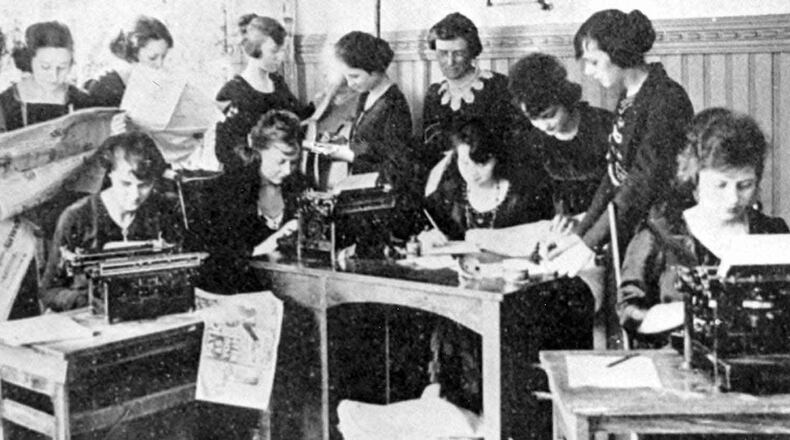Wesleyan College in Macon is the oldest chartered college for women in America and pride in this history is critical to the story the school has told itself for generations.
But since revelations of its links to the Ku Klux Klan and decades of racist initiation rituals came to light in an AJC article last month, school leaders have struggled with how to incorporate this troubling past into the college's official history.
After apologizing in late June and revising the school history on the Wesleyan website to include some of the racist history, school officials hoped to begin to heal the pain and shame caused by this past.
Instead, the rushed effort to revise the history caused outrage and criticism among some alumnae. They called the revised history offensive and said it fell short documenting how long the racism persisted on campus.
Within days of posting the new history, the school abruptly removed the "We have history" page on its website altogether. For now, anyway, the school founded in 1836 has a school history page that is blank with a message: "This page is under construction. Thank you for your continued support of Wesleyan."
School officials did not respond to emails before deadline seeking comment. UPDATE: Wesleyan President Vivia Fowler on Wednesday called and said after the concerns raised about the revised history, particularly from black alumnae, the school is moving slowly to ensure whatever is published on the website promotes racial healing.
"We’re moving very, very carefully to make sure what we do say publicly conveys the big picture of what we’re trying to do and does the right thing to promote the spirit of inclusivity of what we want to do," Fowler said.
Since the AJC article published June 22, school officials have announced a series of events this fall to try to reconcile with the past and hold together a student and alumnae community that has become remarkably diverse in the past two decades.
The article helped spur vigorous discussions among these groups who have taken to Facebook and online to discuss this past and how to move forward. History students this fall will conduct oral histories from various generations of alumnae to help tell the story, Fowler said.
"We’re receiving a lot of input from different constituents," she said.
About the Author
Keep Reading
The Latest
Featured




